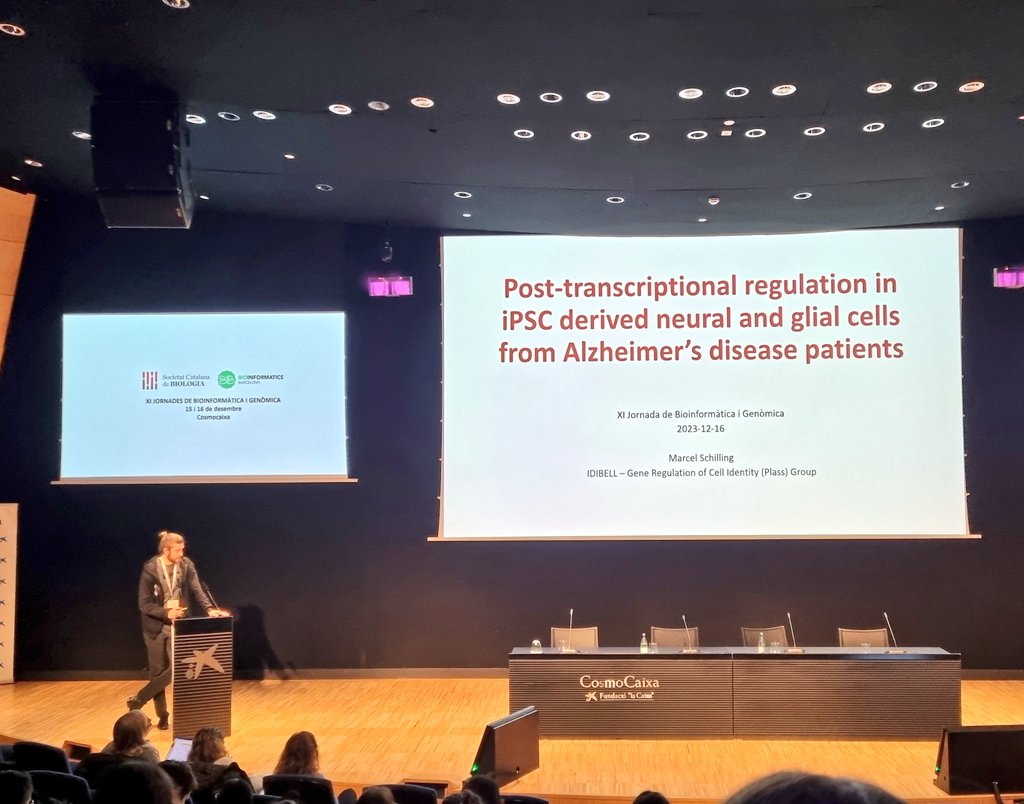Abstract
Alzheimer’s disease (AD) is the most common cause of dementia, but its pathogenesis still remains poorly understood. Post-transcriptional regulation, e.g. via RNA-binding proteins (RBPs) or alternative cleavage and poly-adenylation (APA) has been shown to be implicated in AD. However, whether the corresponding alterations play a causative role or rather represent consequential symptoms has not yet been shown. To address this question, and ideally identify potential new therapeutic targets, we investigate the transcriptional landscape of single cells progressing from iPSCs derived from AD patients and healthy controls throughout their differentiation to neural and glial cells. We detect up to 8 000 genes per cell across more than 80 000 cells over five developmental time points. Clustering and transcriptome profile analyses identified all major cell types (iPSCs, NECs, NPCs, neurons and astroctyes) including various precursor and mature cell populations in both conditions (AD and control). Differential gene expression analyses identified several differentially expressed genes that have been previously linked to AD. Amongst the differentially expressed genes were several RBPs, implicating the corresponding regulatory networks as potential targets for further investigation. Differential 3’ UTR usage analyses using SCALPEL revealed that several genes previously implicated in AD pathogenesis display changes in APA between AD and control cells. Here we present those results and our efforts to validate individual findings, and integrate these lines of evidence towards a better understanding of post-transcriptional regulation in pre-neurodegeneration AD.
My first attendance of a purely Bioinformatics conference in Spain was overshadowed by the flu: I was completely knocked out for about two weeks leading up to the conference. Therefore, unfortunately I missed out on the first day and only attended the second day.
While my presentation was very similar on paper to the one a few weeks prior at the REGENBELL symposium, the more technical background of the audience in this conference had me change the focus a bit more on the challenges we encountered during the analyses and how we solved them. Also, since Franz got the opportunity to talk about SCALPEL himself, I could focus more on the results instead of the idea itself.
I was very happy with my presentation and received great feedback, including a suggestion that lead to the decision to redo the entire analysis using a custom transcriptome annotation generated in Barcelona.
The remaining talks that day were interesting as well and gave me a better idea of what is going on where in my new home region.
Thanks to the organizers for selecting my abstract for an oral presentation and being very supportive regarding the whole flu-situation, everybody that gave me input and my lab mates for emotional support and a great day out of our usual environment.

